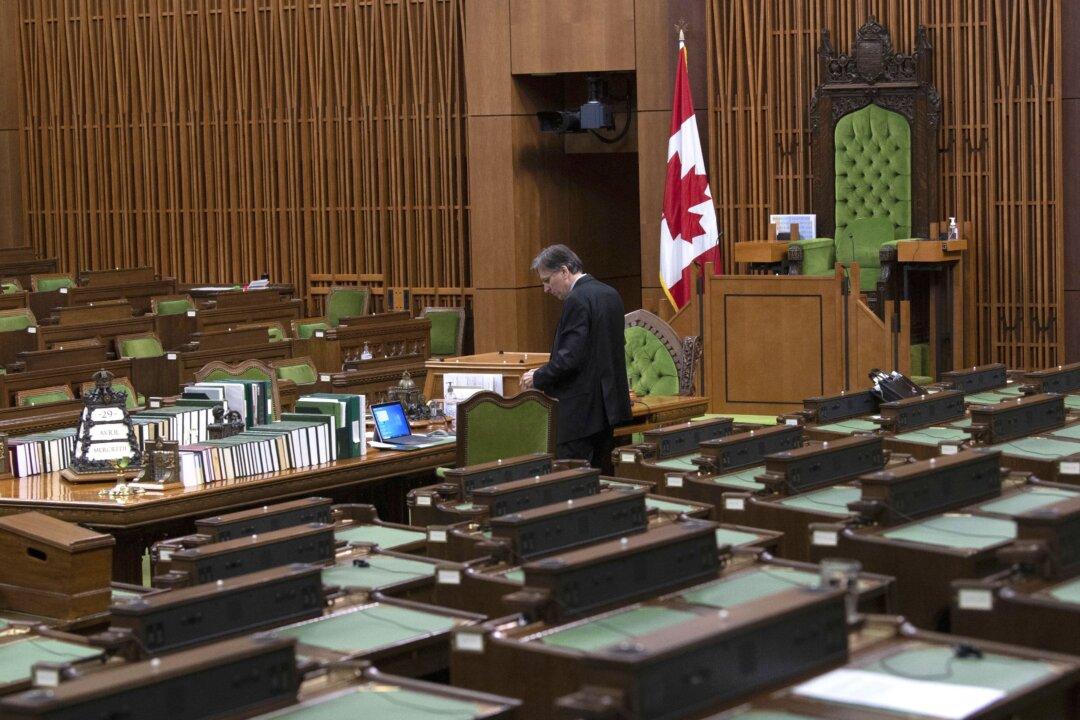The federal government is revisiting criminal legislation passed in 2014 that bans profiteering from prostitution, and anti-human trafficking advocates are concerned that the sex-trade law could be gutted and prostitution legalized.
The federal Justice Committee is calling witnesses to testify on Bill C-36, the Protection of Communities and Exploited Persons Act. The law, passed by the Harper Conservative government, aimed to reduce the demand for and incidence of prostitution. It penalized those who bought sex, but not those who sold their own sexual services, regarding them as victims who are often trafficked into the sex trade.





